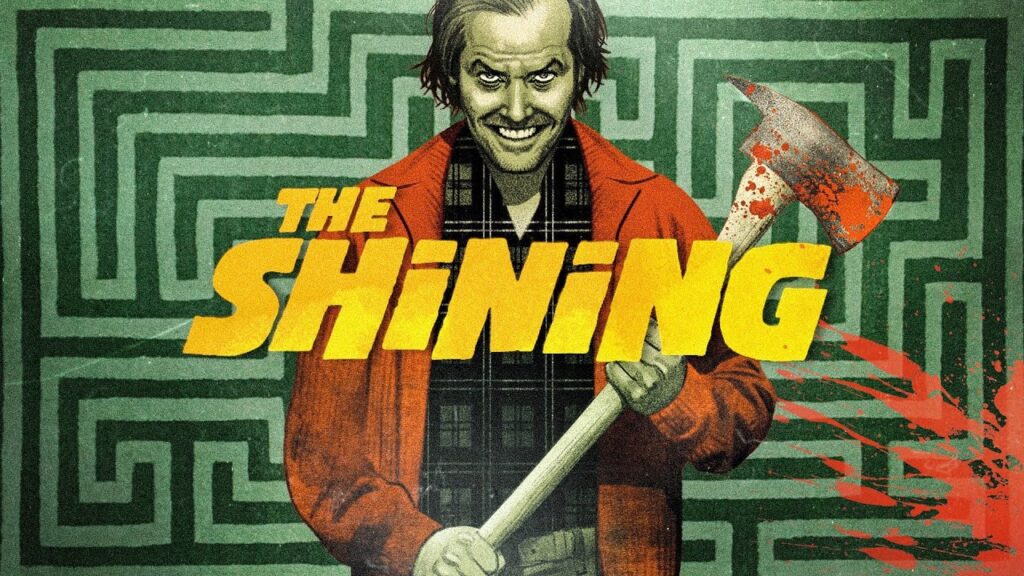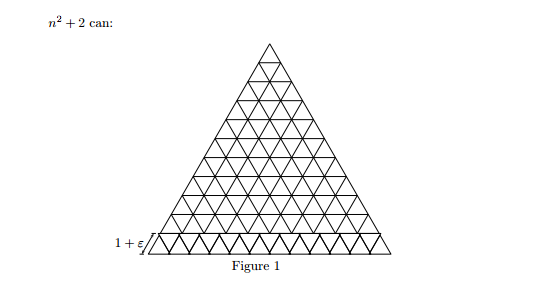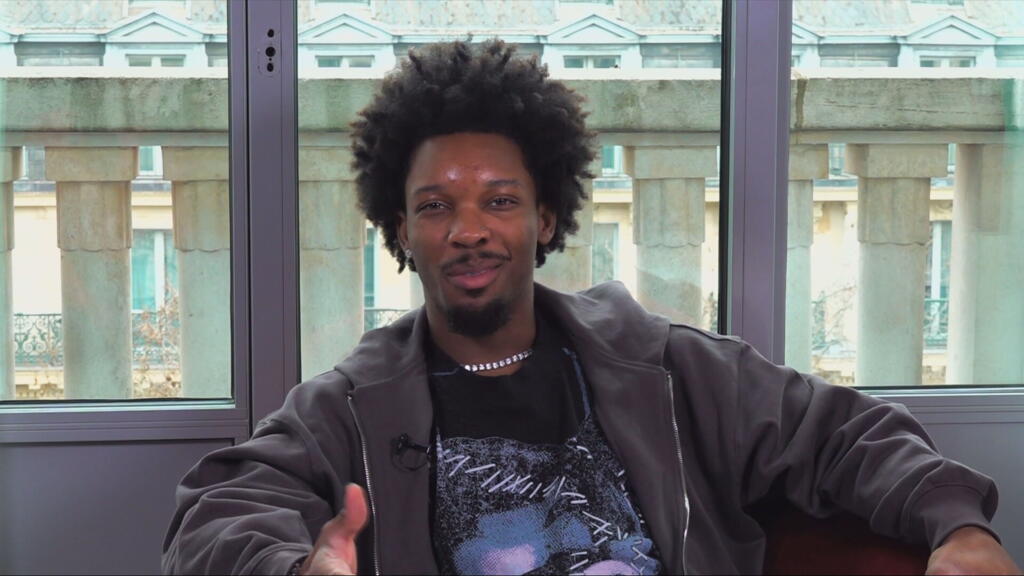Inexplicable as it might sound to learners of this website, there are movie-lovers who declare to not benefit from the work of Stanley Kubrick. However even his most steadquick non-appreciators have at hand it to him for The Shining, his 1980 Stephen King adaptation largely considered one of many scariest — fairly possibly the scariest – movie ever made. The visual reasons for its effectiveness nicely past the core audience of Kubrick enthusiasts are many, and so they’ve been a lot scrutinized by twenty-first-century video essayists. However as defined in the Kaptain Kristian video above, a significant portion of the horror of The Shining is invisible. That’s, we don’t see it, however hear it; or somewhat, what we hear nicely intensifies what we see.
One technique powerfully employed within the movie has the incongruous identify of “Mickey Mousing.” Named after the personner through which classic automobiletoons had been scored in tight synchrony with the transferments of their characters, it had fallen into disuse by the 9teen-seventies, when a subtler cinematic fashion prevailed.
For The Shining, Kubrick and musical editor Gordon Stainforth selected to revive it, assembling scenes to items of music like Béla Bartók’s “Music for Strings, Percussion and Celesta” in order to peaken not simply shock moments, but additionally to deepen the sense of dread that pervades the film from its opening moments. So tight does the correspondence really feel between The Shining’s music and its characters’ actions that it comes as a surprise that a lot of the movie was shot without what we hear on the soundmonitor playing on the set; some scenes weren’t even intended to have music in any respect earlier than editing.
Stainforth has stated that the overall thought was to make use of “music as destiny”: for examinationple, the “huge chords” that accompany the title playing cards announcing the day of the week, which porhave a tendency “a doomsday of judgment coming ever closer.” When subsequent you watch The Shining, pay attention to the cues, and see simply how shutly they’re associated in your memory with — and the way rather more frightening they’re made by — their accompanying pictures: Jack dancing by means of the ballroom full of jazz-age ghosts, Danny fliping a corner and seeing the pallid twins, the blood moveing out of the elevator, Wendy locking eyes with the person within the bear go well with. However then, I suspect that final one can be scary no matter what was on the soundmonitor.
Related Content:
How Stanley Kubrick Adapted Stephen King’s The Shining right into a Cinematic Masterpiece
Stanley Kubrick’s Annotated Copy of Stephen King’s The Shining
The Classical Music in Stanley Kubrick’s Movies: Listen to a Free 4-Hour Playlist
Based mostly in Seoul, Colin Marshall writes and broadcasts on cities, language, and culture. His tasks embrace the Substack newsletter Books on Cities and the guide The Statemuch less Metropolis: a Stroll by means of Twenty first-Century Los Angeles. Follow him on the social webwork formerly often known as Twitter at @colinmarshall.




